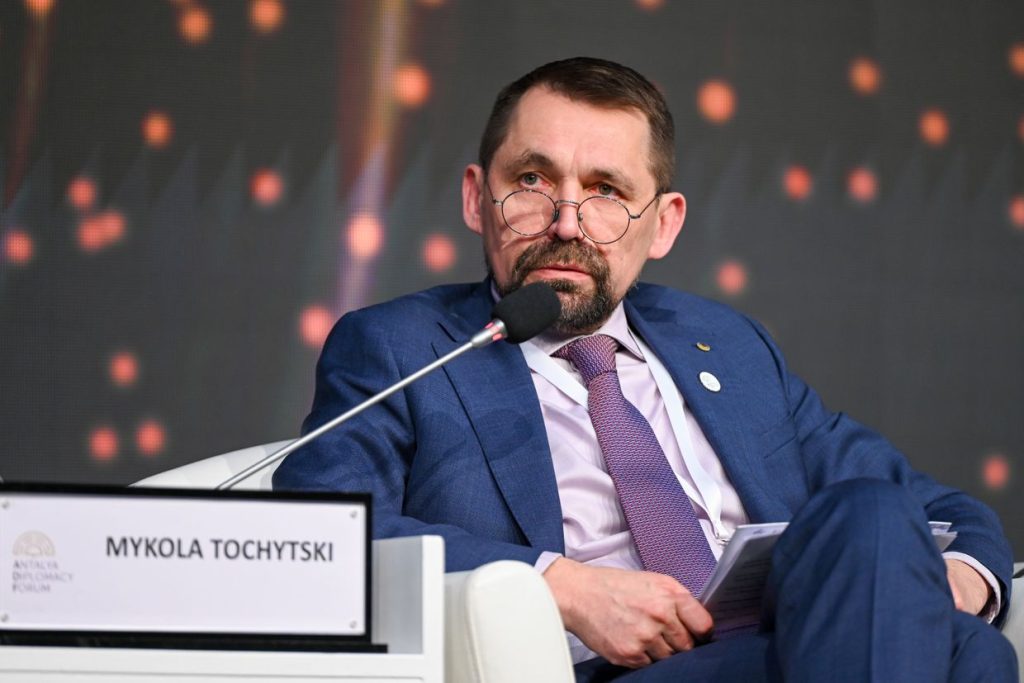The Ukrainian government plans to continue supporting the telethon, Ukraine’s state-run pool of TV channels, until the end of martial law, according to Culture Minister Mykola Tochytskyi. This decision comes after criticism from the European Commission, which called for a restoration of a “pluralistic media landscape” in Ukraine. The Commission questioned the telethon’s objectivity and raised concerns about its financing from the state budget. Tochytskyi stated that the government has taken the Commission’s recommendations into account and is working towards ensuring every citizen has access to public information while engaging international partners for support.
The telethon, known as “Yedyni Novyny” (“United News”), was launched in response to Russia’s full-scale invasion in February 2022. Initially viewed as a legitimate response to Russian aggression, the telethon later faced criticism for monopolizing television coverage and limiting dissenting voices. Some opposition television channels claimed they were excluded from the telethon due to their political views. Despite this, Ukrainian public broadcaster Suspilne announced the launch of its own news broadcasting separate from the telethon, although it remains technically part of the initiative. The decision to separate from the telethon was seen as a move to ensure the public broadcaster’s independence and representation.
The European Commission’s recommendations have prompted Ukraine to reevaluate its support for the telethon and focus on the sustainable development of media infrastructure. The government plans to cease its support for the telethon after martial law ends, emphasizing the importance of a diverse and independent media landscape. The telethon, which was a collaborative effort among major TV channels, was initially praised for its united approach but later faced criticism for limiting diverse viewpoints and stifling dissent. By taking into account the Commission’s suggestions, Ukraine aims to address concerns about media plurality and objectivity.
The debate over Ukraine’s telethon reflects broader tensions surrounding media freedom and independence in the country. While the initiative was born out of the need to respond to a national crisis, it has raised concerns about government control over media narratives and the exclusion of opposing voices. As Ukraine strives to balance national security interests with democratic principles, the fate of the telethon serves as a litmus test for the country’s commitment to upholding press freedom. The decision to reevaluate support for the telethon and engage with international partners indicates a willingness to address criticisms and promote a more diverse media landscape.
The ongoing discussion surrounding Ukraine’s telethon highlights the complexities of managing media in times of crisis and conflict. As the government seeks to transition away from martial law and focus on sustainable media development, it must navigate the delicate balance between national security concerns and democratic values. By considering the European Commission’s recommendations and taking steps to ensure media plurality, Ukraine demonstrates a commitment to upholding press freedom and promoting diverse viewpoints. The evolution of the telethon from a wartime response to a platform for public information reflects the dynamic nature of media in a rapidly changing global landscape.


